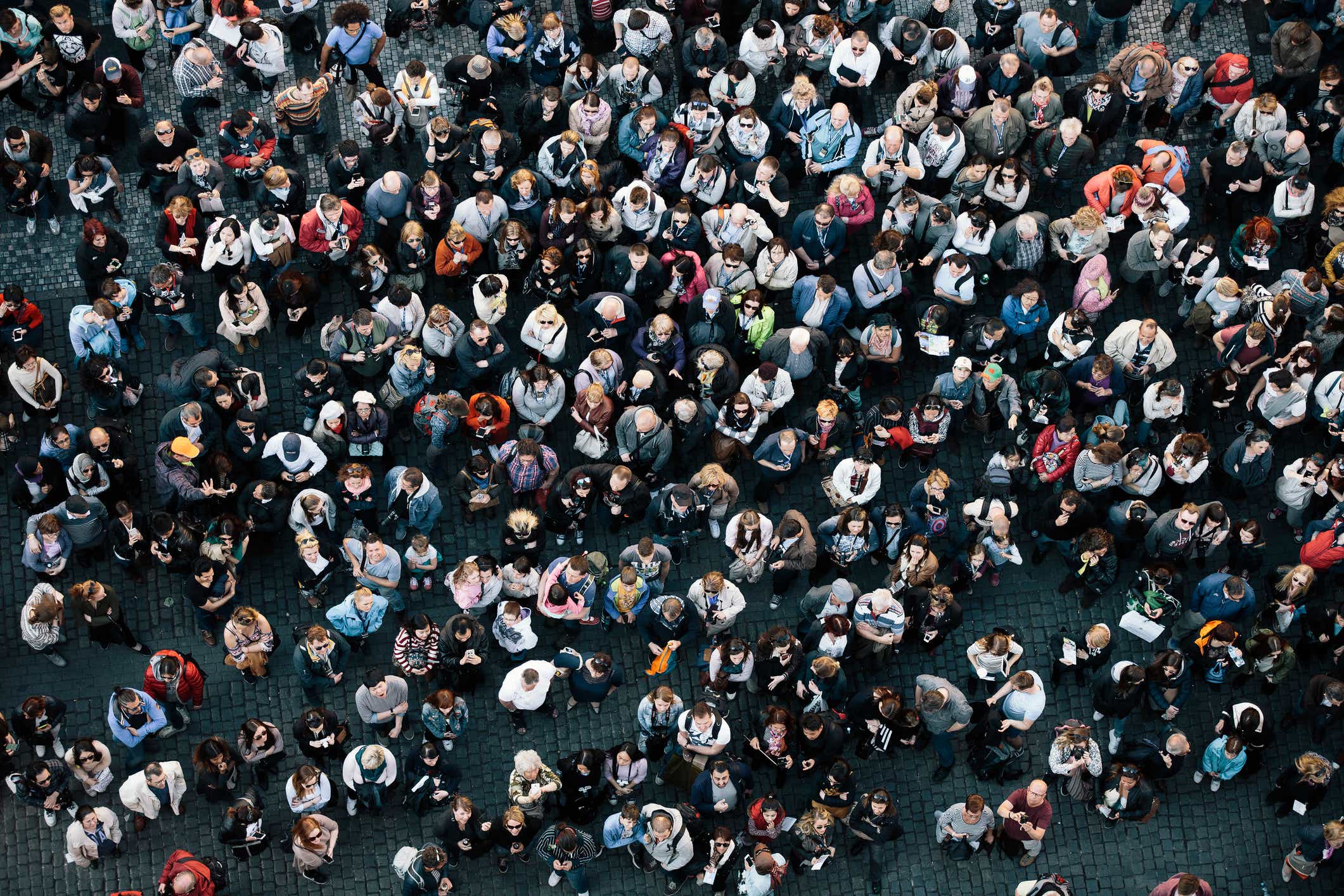As Covid cases circulate following holiday travel, there’s a fast-spreading coronavirus variant that you should keep on your radar. Last month, the World Health Organization declared JN.1 a variant of interest “due to its rapidly increasing spread" — and it now makes up a majority of cases in the United States.
In the U.S. alone, the latest variant now makes up approximately 61.6 percent of cases, according to estimates from the Centers for Disease Control and Prevention. That's skyrocketed since mid-December, when JN.1 was first named a variant of interest and made up about 20 percent of cases. But so far, it has yet to be elevated to the level of "variant of concern," which would earn it a new Greek letter nickname (like Delta or Omicron). That's because while the strain is not currently evolving in a way that could be "an emerging risk to global public health."
With JN.1 on the rise, doctors and other medical healthcare workers worry that this spike could put even more of a strain on hospitals. But before you start to spiral, the good news is that the WHO said while JN.1 is more contagious than previous strains, its risk to the public is “low.” Still, you might be wondering how to protect yourself and your loved ones — here’s what we know about the new variant.
What is JN.1?
JN.1, which first emerged in August, is yet another offshoot of the original Omicron variant. It evolved specifically from the subvariant BA.2.86, or Pirola, which gained attention over the summer after scientists raised concerns that it could evade the protection offered by vaccines. Luckily, that never came to fruition, because it didn’t end up taking off.
Like BA.2.86, JN.1 also shares an additional spike protein mutation that could potentially make it harder for the body to fight off an infection. However, the CDC has said that there's been no indication that it causes more severe disease than other circulating variants.
Where is JN.1 spreading?
So far, JN.1 has been detected in at least 41 countries. The U.S., France, Canada, and Britain are among the countries that have the most reported cases. It’s also rising in Australia, Singapore, and Sweden.
But it’s spreading faster in some areas than others. For instance, JN.1 has already become the dominant strain in the Northeast, where the CDC says it makes up 74.9 percent of cases.
Why is JN.1 on the rise?
JN.1 seems to be getting a boost from holiday travel. The CDC estimates that the prevalence of JN.1 more than doubled in the U.S. between late November and mid-December.
“It’s coming at the same exact time in which our social networks are expanding as we travel and visit with people we don’t normally see,” epidemiologist Katelyn Jetelina told The Washington Post.
Waning immunity could have something to do with the variant’s rapid spread. Most Americans have chosen to skip the latest round of vaccination for Covid-19 — in fact, the CDC says just 7.8 percent of Americans have received the latest vaccine. As a result, their body isn’t able to fend off more severe infections from the virus.
What are the symptoms of the new Covid variant?
It’s unclear whether JN.1 comes with any new symptoms. So you’re going to want to keep an eye out for the usual signs of Covid-19. These include fever, chills, coughing, shortness of breath, difficulty breathing, fatigue, muscle aches, headache, loss of taste or smell, sore throat, congestion, runny nose, nausea, vomiting, and diarrhea, according to the CDC.
Does the latest vaccine offer protection against JN.1?
Vaccine makers Pfizer, Moderna, and Novavax have all reported that their updated Covid-19 shots offer strong protection against BA.2.86 and its offshoots, such as JN.1. (WHO has even issued a statement supporting the upgraded Covid-19 vaccines against past Omicron variants like XBB.1.5 because of the broad protection they offer against a variety of strains.)
So if you’ve been skipping the boosters, you might want to get the latest version to increase your protection. Like with any other vaccine, you could still catch this strain, but it will at least soften the blow of an infection and prevent severe illness.
If you happen to become sick with JN.1, don’t worry, the CDC says existing treatments like Paxlovid are still expected to work against the variant, just as they have against the others.
Still, it’s best to err on the side of caution this holiday season. Public health experts advise staying home if you're sick and following safety measures, like wearing a mask indoors and in crowded spaces, to help reduce transmission. "I know everyone's tired of Covid, but it is still here with us,” CDC director Dr. Mandy told ABC News. “It's still changing, and we still need to stay ahead of it."









